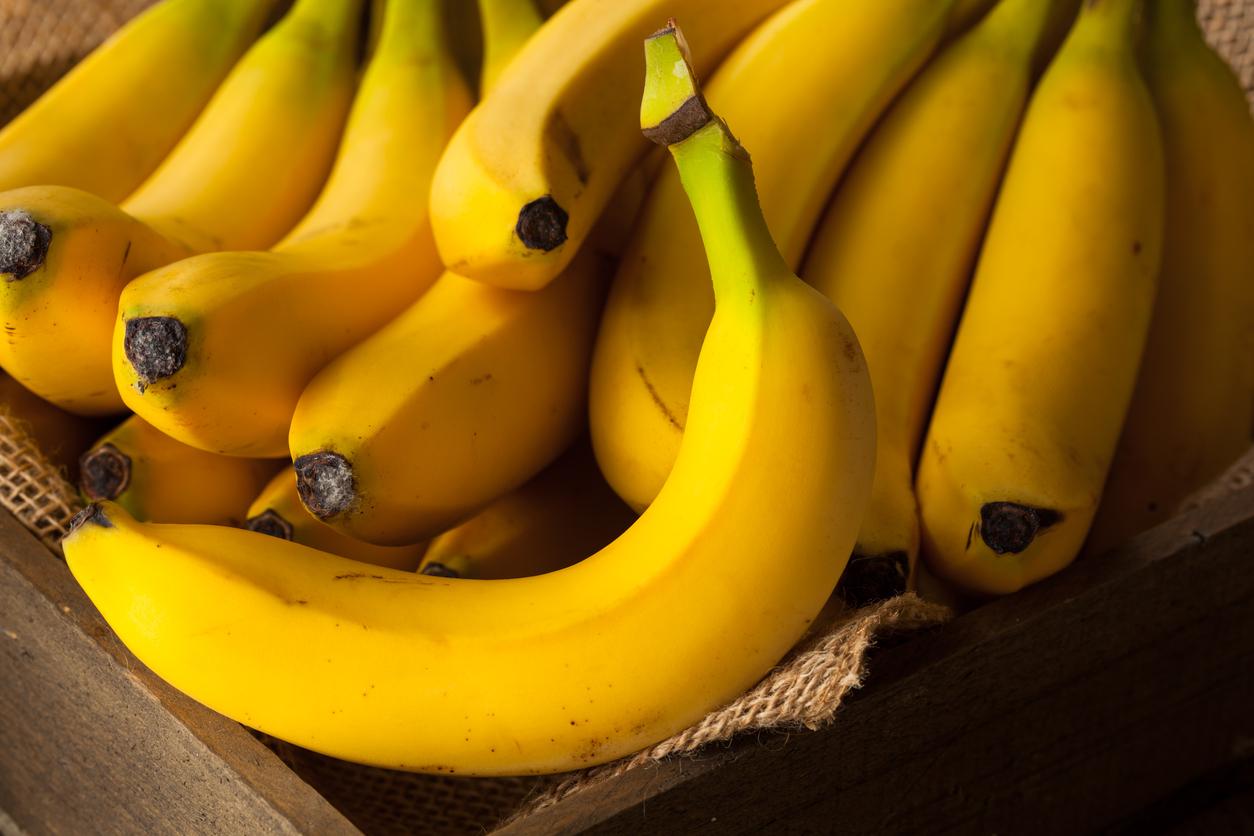Bananas could face extinction due to spread of deadly fungus
One of the world's most-loved fruits is once again under threat

One of the most widely consumed fruits, bananas are popular for good reason. Not only do they taste great but they’re also high in potassium, contain protein and can even help lower blood pressure.
However, the resurgence of a deadly fungus could mean we soon face losing them altogether.
For decades, the most-exported banana in the world was the Gros Michel, but in the 1950s a fungus known as Panama disease or banana wilt almost completely wiped them out.
In its place, banana growers turned to another breed that was immune to the disease, the Cavendish, which now accounts for 99 per cent of banana exports.
Now though, the much-loved fruit is once again under threat.
Returning under a different name, Tropical Race 4 (TR4), the fungus has come back and is said to be even more deadly than that which wiped out the Gros Michel, as it also affects numerous local breeds of banana around the world.
“It's caused by a really common type of fungus called Fusarium, which was probably already in the soil there. A single clamp of contaminated dirt is enough to spread it like wildfire, and it can be transported by wind, cars, water, creating an infection wherever it goes,” Dan Koeppel, author of the book Banana: The fate of the fruit that changed the world,” told CNN.
The pathogen works by invading a plant and infecting its roots, then moving up through the xylem - the tissue that transports water and nutrients – causing a blockage. The plant subsequently wilts and dies.
Since its "second coming", the new strain has spread to South-east Asia, Australia and Africa, indicating that the disease is spreading and could be a threat to bananas worldwide.
So, what can be done to save bananas?
The reason the fungus is spreading is because the bad practices from 50 years ago are still in place, so experts suggest that the only real solution would be to burn the plantation down and start over with a different crop.
However, in Africa a 12-month emergency project funded by the Food and Agriculture Organisation (FAO) is already underway to tackle TR4 and there are hopes that the disease can be contained to the areas where it has been found.
Join our commenting forum
Join thought-provoking conversations, follow other Independent readers and see their replies
Comments
Bookmark popover
Removed from bookmarks